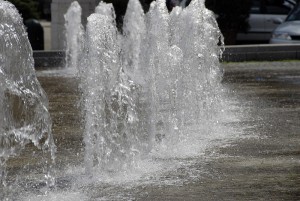
We continue this week with our analysis of Ignatius of Antioch (d. 107 AD), or more accurately, our analysis of Mr. Joshua T. Charles’ analysis of Ignatius of Antioch. Mr. Charles, a former Protestant who converted to Roman Catholicism because Ignatius of Antioch “red pilled” him into the truth, repeatedly claims to have read “tens of thousands of pages” of the Early Church Fathers, finding Roman Catholicism “absolutely everywhere.” He was particularly surprised to find “profoundly [Roman] Catholic doctrine” in Ignatius’ letters, “point by point,” which “was apparent in just seven short letters.”
Of the 10 points he listed, we have covered six so far — the sacrifice of the Eucharist, the Real Presence of Christ in the Eucharist in Part 2, the New Testament priesthood, Episcopal Succession and Episcopal Authority in Part 3, and Roman Primacy in Part 4. As we showed last week, we could prove the primacy of any church we wanted using Mr. Charles’ rubric: “Ignatius speaks to X in a way that he never speaks to Y. Therefore, he must have thought X held the primacy.” Using that measuring stick, Ephesus, Magnesia, Tralles, Philadelphia and Smyrna also held the primacy, and in fact exceeded Rome in their discernment, prayer, primacy, stability, holiness and (Ignatius’ unkindest and slanderous insult) in not praying for the Devil’s will to be done. This week we pick up with Baptismal Regeneration and Mortal Sin, or the ability to lose one’s salvation (points 4 and 5 in Mr. Charles’ list).
 Follow
Follow




